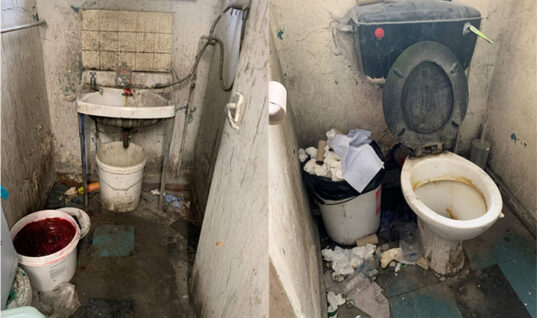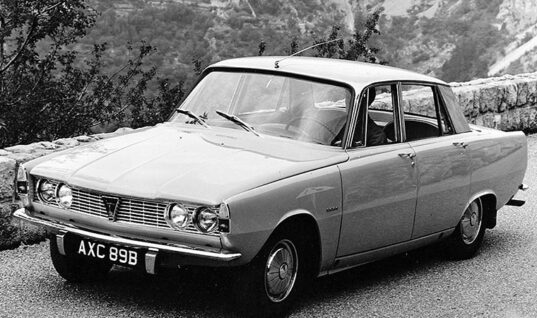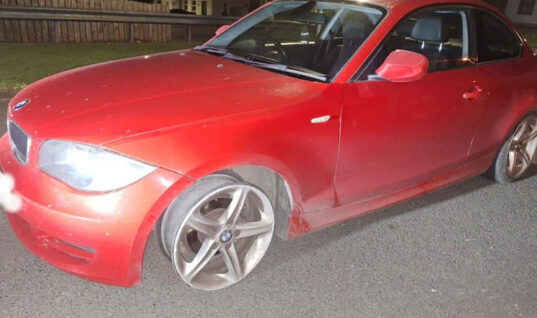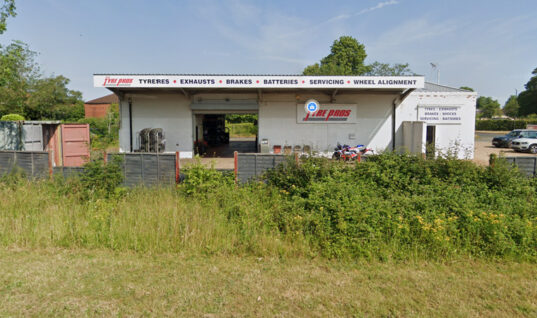Volvo Cars has announced that it will introduce mega casting of aluminium body parts, a new battery assembly plant and fully refurbished paint and final assembly shops at its Torslanda manufacturing plant in Sweden.
Mega casting creates a number of benefits in terms of sustainability, cost and car performance during the car’s lifetime, and Volvo Cars is one of the first car makers to invest in this process.
Casting major parts of the floor structure of the car as one single aluminium part reduces weight, which in turn improves the energy efficiency and thereby the electric range of the car.
This also allows Volvo designers to optimally use the available space inside the cabin and luggage area, boosting the overall versatility of the car.
Other benefits from mega casting include reduced complexity in the manufacturing process.
Related: Free puncture and windscreen chip repair for Volvo drivers announced
That in turn creates cost savings in terms of material use and logistics, reducing the overall environmental footprint across the manufacturing and supply chain networks.
The investments follow a recent announcement by Volvo Cars and Northvolt to invest SEK 30 billion in the development and manufacturing of high-quality, tailor-made batteries for the next generation of pure electric Volvo models.
Both investment plans represent new steps towards Volvo Cars’ ambition to be a fully electric car company by 2030 and reflect the company’s commitment to a long-term future in its hometown of Gothenburg.
The upgrade of the paint shop involves the installation of new machinery and implementing new processes, which are expected to support the ongoing reduction of paint shop energy consumption and emissions.
Related: Used car market grew in 2021 despite volatile year
A new battery assembly plant will integrate battery cells and modules in the floor structure of the car, while the assembly shop is being refurbished for the accommodation of the next-generation fully electric cars – for example, with a new ‘marriage point’ where the top body and the floor of the car meet for the first time.
Javier Varela, head of engineering and operations at Volvo Cars said: “Our future as a company is all-electric and that requires a variety of upgrades across the plant to ensure that Torslanda can continue to build premium electric cars of the highest quality.”
The Torslanda plant has an annual production capacity of 300,000 cars and is one of Volvo Cars’ longest-operating manufacturing facilities.
It was opened in April 1964 by the Swedish King, Gustaf VI Adolf, and was for a long time the largest single workplace in the country.
Currently, the Torslanda plant operates on three shifts and employs around 6,500 people.








Meat-Head
Ok, so when you crash a car with structural aluminium it HAS to be replaced, do not repair
So crash one of these, game over, custom battery pack wont fit anything else.
So if 1 in 1000 gets crashed, should compensate and make a few less